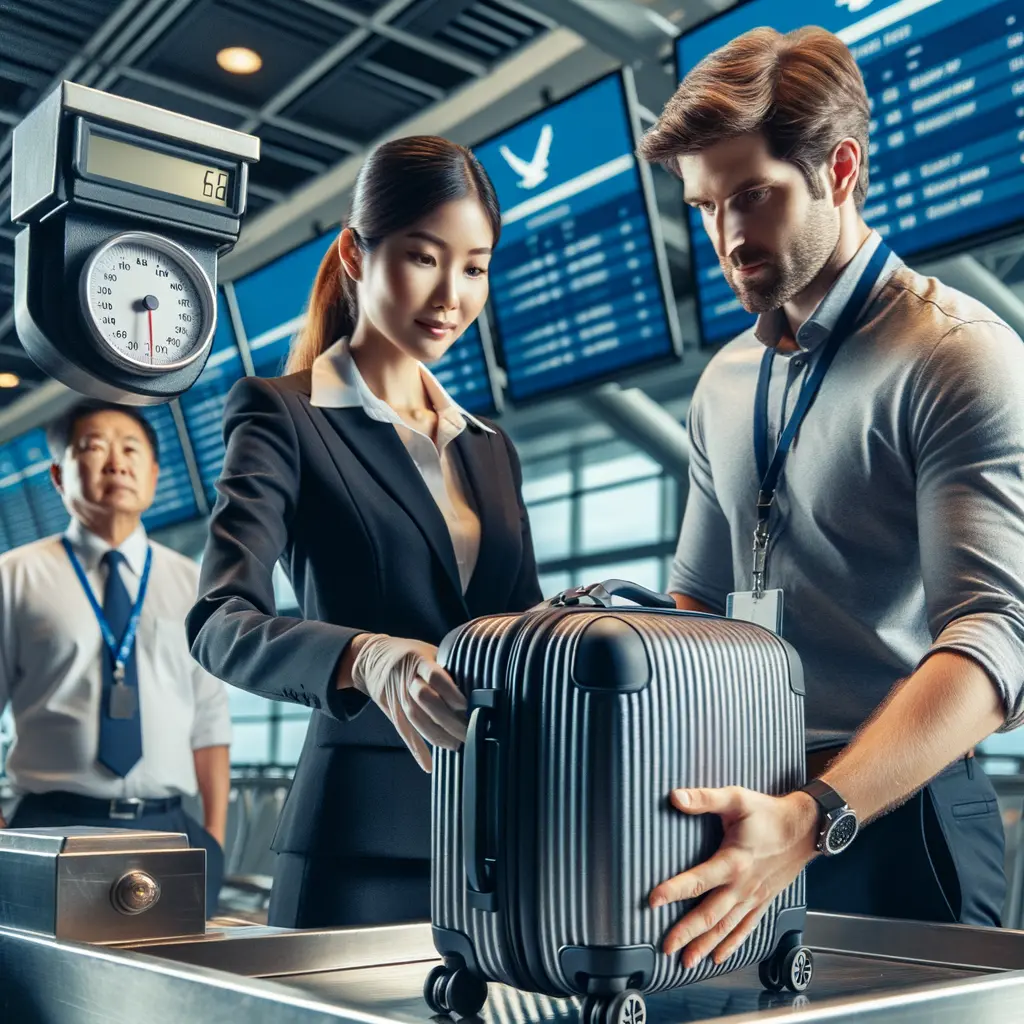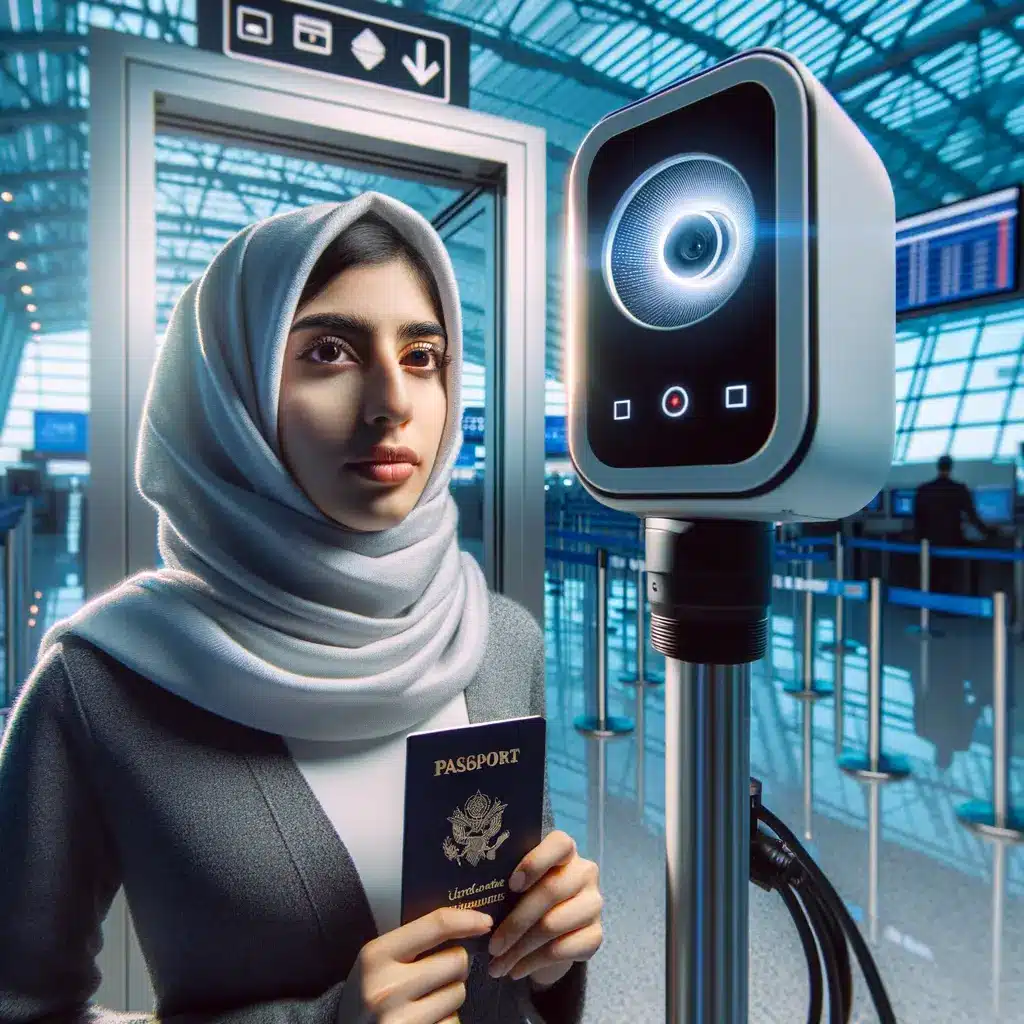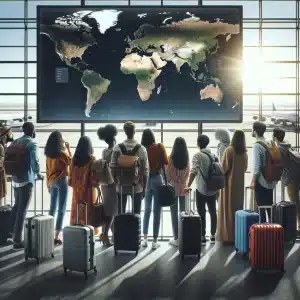Airline Rule Changes 2025: Why Travelers Must Pay Attention
If it feels as though every time you book a flight something new has shifted in the fine print, you’re not imagining it. Airline rule changes 2025 have arrived in full force and they touch far more than headline ticket prices. From the moment you start searching for fares to the second the seat-belt sign switches off, fresh regulations are poised to affect your wallet, your schedule, and even your privacy. The European Union’s proposal for one free full-size carry-on, JetBlue’s dynamic fees, and the United–JetBlue rewards collab are only the tip of the iceberg. Knowing these airline rule changes 2025 before you fly can save real money—sometimes hundreds of dollars—and, in extreme cases, save an entire trip from cancellation. In this guide we unpack the 10 most impactful updates identified in the recent September travel briefing, explain how each rule works in practice, and give you step-by-step actions to stay compliant. Whether you’re a points hacker, a family vacationer, or an occasional business flier, integrating these new rules into your planning process is now as essential as checking the weather at your destination. Keep reading to stay a step ahead, and bookmark our in-depth resources on baggage policies and flight delay compensation for deeper dives.

Carry-On Baggage Weight Limit Tightens Worldwide
The most visible airline rule changes 2025 revolve around the carry-on baggage weight limit. In the past, many carriers used the sizer frame only as a threat, rarely forcing borderline bags to be checked. Today, gate agents across budget and full-service airlines alike are weighing bags—and even personal items—before allowing boarding. Lufthansa, Jetstar and several U.S. carriers have quietly lowered allowable weights to as little as 8 kg (17.6 lb) on certain economy fares. Exceed the limit and you could pay up to $150 at the gate, a fee that often dwarfs the original ticket cost. Complicating matters are new fire-prevention measures after a lithium power bank ignited mid-flight in Asia. Certified power banks must now remain at your seat, never in the overhead and never in checked baggage. China has gone further, banning all uncertified or recalled power banks outright. The simplest defense is prep work: weigh your bag at home, keep heavy tech gear in easy-to-reach pockets for potential spot checks, and review each airline’s app for its most current rules. If you need a refresher on smart packing, see our carry-on only packing checklist and our comparison of the best under-seat backpacks—both are indispensable under the new carry-on baggage weight limit regime.

Solo Traveler Airfare Fees & Surprise Seat Charges
Booking for one used to be the norm, but airline rule changes 2025 have flipped that assumption. Three U.S. giants—Delta, United and American—are testing algorithms that quietly tack on solo traveler airfare fees. On certain routes, a single ticket can price $50–$80 higher than the per-person rate for a pair. Always run a dummy search for two passengers before you pay; if the combined fare is lower, consider grabbing both seats and canceling the extra under the 24-hour U.S. free-cancellation rule. Seat selection is the second stealth cost center. Even middle seats buried in the back are now pay-to-reserve on some full-service airlines, erasing the comfort gap between them and ultra-low-cost competitors. A 2024 U.S. Senate report revealed carriers earned $12.4 billion in seat fees between 2018 and 2025, so expect further escalation. To keep costs down, join the airline’s loyalty program—even basic status sometimes unlocks free seat assignments—or check in precisely at T-24 to snag whatever free seats remain. For deeper tactics, explore our guide to avoiding seat assignment fees and our breakdown of companion-pass loopholes that help offset solo traveler airfare fees.
Facial Recognition Boarding: What to Expect at the Gate
Goodbye paper boarding passes—biometric tech is edging them out. JFK, Frankfurt, Singapore Changi and Hong Kong now default to facial recognition boarding on select airlines, and many more hubs will follow before year-end. In practice, you approach the automated gate, look into a high-resolution camera, and wait for a green light that verifies your passport photo in government databases. The entire process takes about five seconds, shaving minutes off boarding time, but it does raise privacy concerns. Opt-out procedures exist, yet they differ by jurisdiction and are often buried in app settings. U.S. Customs & Border Protection recommends submitting a paper request at least 72 hours prior to departure if you prefer manual document checks. Frequent travelers should store a physical backup boarding pass in their digital wallet and keep passports handy for contingencies—a system outage in Frankfurt last spring stranded hundreds. The upside? Reduced queuing and potentially fewer lost boarding passes. Still, the airline rule changes 2025 around biometrics mean you need to understand your rights. Scan our privacy toolkit and our review of TSA PreCheck vs. CLEAR to decide which programs complement—or replace—facial recognition boarding for your travel style.

New Country-Specific Rules: UK ETA, Turkish Seatbelt Fines & More
Beyond the aircraft cabin, government regulations are multiplying. The United Kingdom now requires an Electronic Travel Authorisation (ETA) for visitors from the U.S., Canada and dozens of other nations. Applying through the official GOV.UK app takes about 10 minutes and £16, yet third-party resellers charge triple that amount—avoid them. Once approved, the ETA attaches to your passport for two years, and airlines will deny boarding if it is missing. Turkey (Türkiye) has introduced a different twist: stand up or unbuckle before the seat-belt sign turns off and you may incur an on-the-spot fine, reportedly enforced most strictly at Istanbul Airport. The same push for order is reflected in Canada-to-U.S. route reductions as demand softens, resulting in fewer flight options and longer layovers. For travelers, these airline rule changes 2025 mean earlier bookings, flexible itineraries and stricter in-flight etiquette. Tip: add buffer time for potential cancellations, and store digital copies of visas and ETAs in cloud storage for quick retrieval. For more border-crossing insights, read our Schengen visa extension guide or our checklist for flying with medication—both frequently updated as new rules roll out.

Dynamic Airline Pricing & Loyalty Shifts: Staying Ahead in 2025
The final frontier of airline rule changes 2025 is pricing—and it is more fluid than ever. JetBlue’s new dynamic airline pricing for checked bags now fluctuates by demand window: purchase 24 hours before departure and peak-season bags leap from $35 to $50. Southwest, once the darling of fee-free flying, now charges $35 for a single checked bag and will abandon open seating for assigned seats in 2026. United tightened its domestic check-in cutoff to T-45 and, in a rare positive twist, launched a mileage partnership with JetBlue that lets travelers redeem or earn points across both networks. To stay ahead, leverage price-tracking tools like Google Flights alerts, pay for ancillary services—bags, seats, Wi-Fi—at the time of booking when rates are lowest, and diversify loyalty accounts. If you’re flush with United MileagePlus points, explore how the JetBlue collab can unlock East-Coast routes that were previously cash-only. Conversely, TrueBlue members gain access to United’s vast international schedule. As dynamic airline pricing widens, locking in services early, monitoring price drops, and understanding partner redemptions become critical. For advanced tactics, check our guide to maximizing alliance partnerships and our tutorial on setting automated fare alerts—both will help you master the evolving landscape of airline rule changes 2025.







